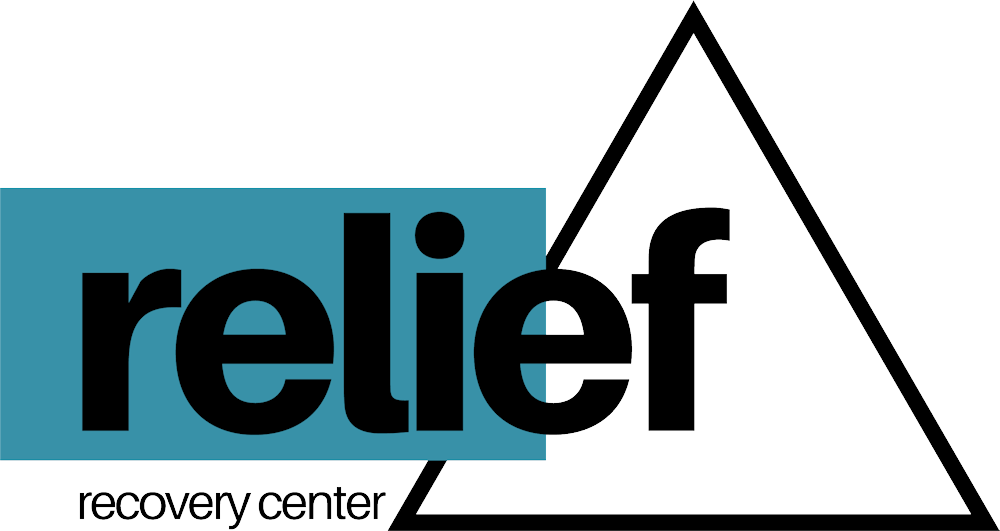Addiction is a complex disease that can impact anyone, regardless of age, socioeconomic background, or ethnicity. Yet, despite its prevalence, addiction is often shrouded in stigma – a negative perception that can lead to discrimination, isolation, and a reluctance to seek help. This shift from stigma to acceptance in addiction is crucial for fostering a more supportive environment and promoting recovery.
Understanding Stigma and Its Impact
Stigma surrounding addiction can have a profound impact on individuals and their families. It can lead to:
- Shame and guilt: People struggling with addiction may feel ashamed of their condition, hindering them from seeking help.
- Social isolation: The fear of judgment can lead individuals to isolate themselves from friends and family, further exacerbating their struggles.
- Relapse: Feeling ostracized can increase the risk of relapse, hindering long-term recovery.
This stigma can also affect public policy and funding for addiction treatment programs. By creating a more understanding environment, we can dismantle these barriers and empower individuals to seek the help they need.
Shifting the Narrative: Moving from Stigma to Acceptance in Addiction
Changing the narrative around addiction requires a multi-pronged approach. Here are some key steps we can take:
- Education: Educating the public about the nature of addiction as a disease, not a moral failing, is crucial. Resources from the National Institute on Drug Abuse (https://www.nih.gov/about-nih/what-we-do/nih-almanac/national-institute-drug-abuse-nida) provide valuable information about addiction and treatment options.
- Language Matters: Using person-first language, focusing on the person rather than the addiction, fosters empathy and respect. For instance, say “someone with an addiction” instead of “an addict.”
- Sharing Stories: Personal stories of recovery can be powerful tools for promoting understanding. Recovery blogs and support groups can provide a platform for individuals to share their experiences and inspire others.
- Advocacy: Supporting organizations that advocate for improved access to treatment and fight against discrimination is vital.
- Media Representation: The media plays a significant role in shaping public perception. Advocating for accurate portrayals of addiction in film and television can challenge existing stereotypes.
Internal Links to Relief Recovery Center Pages:
Throughout this journey from stigma to acceptance in addiction, professional treatment plays a vital role. Relief Recovery Center offers a variety of programs to support individuals and families on the path to recovery. You can find more information about our:
Remember: Relief Recovery Center is here to help. If you are struggling with addiction, please contact us today at (508) 715-8558 or visit our website at https://wewantrelief.com/who-we-treat/ for more information.
The Road to a More Understanding Future
By working together, we can create a future where addiction is viewed with understanding and compassion. Moving from stigma to acceptance in addiction will not only empower individuals to seek help but also pave the way for a more effective healthcare system.
How You Can Make a Difference
Everyone has a role to play in shifting the narrative around addiction. Here are ways you can make a positive impact:
- Challenge Your Own Biases: We all have internal biases. Taking the time to examine our beliefs about addiction can help us replace judgment with empathy.
- Speak Up: When you hear stigmatizing language or stereotypes about addiction, speak up respectfully. Providing accurate information can help dispel harmful misconceptions.
- Support Recovery: Celebrate the successes of those in recovery. Let them know you are proud of their journey and offer encouragement along the way.
- Get Involved: Volunteer at local addiction support organizations or donate to programs that provide treatment and recovery resources.
Systemic Change: Reshaping Policies and Institutions
In addition to individual actions, broader systemic changes are necessary to foster a more understanding approach to addiction. Areas to focus on include:
- Reforming the Criminal Justice System: Prioritize treatment and rehabilitation over incarceration for non-violent drug-related offenses. This shift can reduce recidivism and promote successful reintegration into society.
- Expand Insurance Coverage: Ensure comprehensive insurance coverage for addiction treatment services, eliminating financial barriers that prevent many from seeking help.
- Invest in Prevention and Education: Implement evidence-based prevention programs in schools and communities to educate young people about the risks of addiction and promote healthy coping mechanisms.
- Increase Employment Opportunities: Work to reduce discrimination against people with addiction histories in the workplace, providing them with opportunities for rehabilitation and stability.
The Path Forward
The journey from stigma to acceptance in addiction is a long one, but it’s a journey worth undertaking. By challenging misconceptions, providing accurate information, supporting those in recovery, and advocating for policy reform, we can create a world where:
- Individuals with addiction are treated with dignity and respect.
- Everyone has access to the help they need to achieve long-term recovery.
- We focus on solutions instead of blame.
Let’s work together to build a more compassionate and understanding future for those affected by the disease of addiction.
References
- National Institute on Drug Abuse: https://www.nih.gov/about-nih/what-we-do/nih-almanac/national-institute-drug-abuse-nida
- Substance Abuse and Mental Health Services Administration (SAMHSA): https://www.samhsa.gov/



